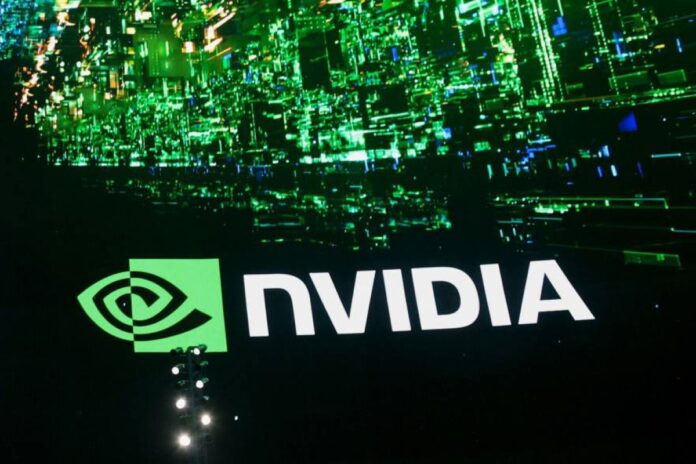Nvidia reached a market value of $3.92 trillion on Thursday, briefly putting it on track to become the most valuable company in history as investor confidence in artificial intelligence continued to grow.
Shares of the AI chipmaker rose as much as 2.4 percent to $160.98 in morning trading, briefly giving it a higher market capitalization than Apple’s record closing value of $3.915 trillion on December 26, 2024. Nvidia shares later eased to $159.60, putting its market value at $3.89 trillion.
Nvidia’s recent gains come as the company’s chips power much of the AI computing infrastructure being built by major tech firms. Its latest processors are widely used in training large AI models, driving strong demand from companies such as Microsoft, Amazon, Meta, Alphabet, and Tesla.
Microsoft currently holds the second spot among the most valuable public companies with a $3.7 trillion market value, while Apple is in third place at $3.19 trillion.
Nvidia’s rise reflects Wall Street’s growing bets on the future of AI. The company, which started by building graphics cards for video games, has become a central player in the AI industry.
Its value has climbed from around $500 billion in 2021 to near $4 trillion today, exceeding the entire value of publicly listed companies in the United Kingdom.
The company’s stock has gained more than 68 percent since April 4, when markets dropped following President Donald Trump’s announcement of global tariffs. Since then, expectations of new trade deals have lifted investor sentiment, boosting shares across the tech sector.
Nvidia now accounts for 7 percent of the S&P 500 index. Together with Microsoft, Apple, Amazon, and Alphabet, the five companies make up 28 percent of the index, increasing exposure to AI among retirement savers and index fund investors.
Despite the surge, Nvidia currently trades at about 32 times expected earnings over the next 12 months, below its five-year average of 41, according to market data. The lower price-to-earnings ratio is supported by strong profit growth that has kept pace with stock gains.
Earlier this year, investor interest in AI slowed briefly due to rising concerns over tariffs and competition from China. A cheaper model from Chinese startup DeepSeek in January raised fears that spending on high-end AI processors might decline, triggering a short selloff in global markets.
In November, Nvidia replaced Intel on the Dow Jones Industrial Average, marking a shift in the semiconductor industry toward AI-driven growth and graphics processing technology.




